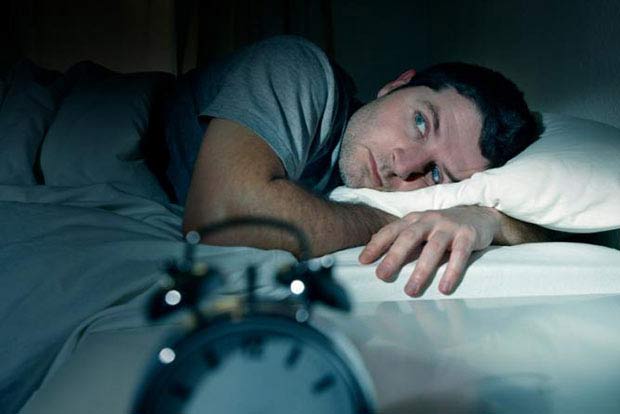Begin typing your search...
AI finds Covid-19 infects majority of bad dreams
About 800 respondents also contributed information about their dreams during that time - many of which revealed shared anxiety about the pandemic.

London
Scientists have used artificial intelligence (AI) to help analyse the dream content of close to 1,000 people and found that Covid-19 had infected more than half of the distressed dreams reported.
For the study, published in the journal Frontiers in Psychology, the research team crowdsourced sleep and stress data from more than 4,000 people during the sixth week of the Covid-19 lockdown in Finland.
About 800 respondents also contributed information about their dreams during that time - many of which revealed shared anxiety about the pandemic.
"We were thrilled to observe repeating dream content associations across individuals that reflected the apocalyptic ambience of Covid-19 lockdown," said study lead author Dr Anu-Katriina Pesonen from the University of Helsinki in Finland.
"The results allowed us to speculate that dreaming in extreme circumstances reveals shared visual imagery and memory traces, and in this way, dreams can indicate some form of shared mindscape across individuals," Pesonen added.
The research team transcribed the content of the dreams from Finnish into English word lists and fed the data into an AI algorithm, which scanned for frequently appearing word associations.
The computer built what the researchers called dream clusters from the "smaller dream particles" rather than entire dreams.
Eventually, 33 dream clusters or themes emerged.
Twenty of the dream clusters were classified as bad dreams, and 55 per cent of these had pandemic-specific content.
Themes such as failures in social distancing, coronavirus contagion, personal protective equipment, dystopia and apocalypse were rated as pandemic specific.
The study also offered some insights into the sleep patterns and stress levels of people during the pandemic lockdown.
For instance, more than half of the respondents reported sleeping more than before the period of self-quarantine, though 10 per cent had a harder time falling asleep and more than a quarter reported more frequent nightmares.
Not surprisingly, more than half of the study participants reported an increase in stress levels, which were more closely linked to patterns like fitful sleep and bad dreams. Those most stressed-out also had more pandemic-specific dreams.
The research could provide valuable insights for medical experts who are already assessing the toll the coronavirus is having on mental health.
Sleep is a central factor in all mental health issues, according to the researchers.
"Repeated, intense nightmares may refer to post-traumatic stress. The content of dreams is not entirely random, but can be an important key to understanding what is the essence in the experience of stress, trauma and anxiety," Pesonen said.
Visit news.dtnext.in to explore our interactive epaper!
Download the DT Next app for more exciting features!
Click here for iOS
Click here for Android
Next Story



